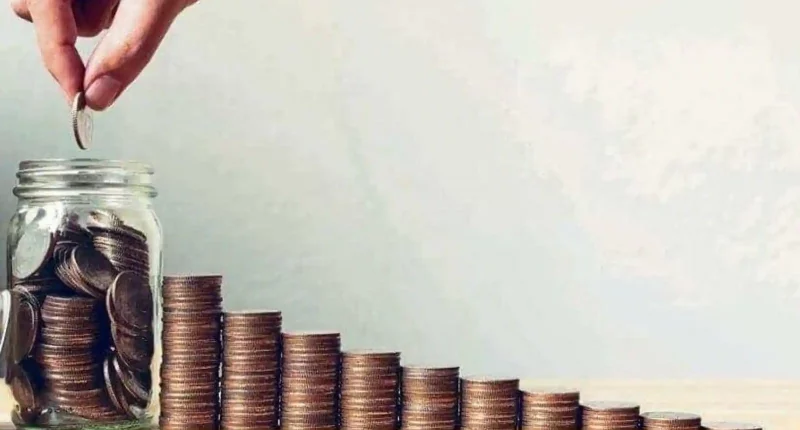The deadline to file the Income Tax Return (ITR) for the earnings of the Financial Year (FY)2023-24 or Assessment Year (AY) 2024-25 without a late fee is July 31, 2024.
Importantly, the last date is applicable to the income earned in FY 2023-24 till March 31, 2024, and the ones that do not require an audit. However, in case an income earned necessitates a tax audit report, then it is required to be filed before October 31, 2024.
Meanwhile, if an individual misses the ITR filling on July 31, then they can file a late return for the same financial year before December 31, 2024. In addition, an individual will also be required to shell out some penalties.
The FY 2023-24 is related to the period between April 1, 2023, and March 31, 2024. Similarly, the AY is the year of review for FY 2023-24, during which an individual files their ITR and declares their investments for tax assessment.
Here’s the lowdown on how an individual can save income tax if they file ITR under the old tax regime.
Public Provident Fund (PPF): This is one of the most preferred investment tools, considering it is government-backed. Under Section 80C of the Income Tax Act (ITA), 1961, tax exemptions can be claimed for PPF investments up to Rs 1.5 lakh. Additionally, the tax liability will be nil on the interest earned and the maturity amount.
National Pension System (NPS) account: As a long-term retirement scheme, NPS provides tax benefits, too. An individual can make regular contributions and build a healthy retirement corpus. At the time of maturity, an individual can withdraw 60% of the amount. Under Section 80CCD (1) of the ITA, an investment can be made by a salaried employee for up to 10% of the basic salary and Dearness Allowance (DA).
Section 80TTA of the ITA: Tax exemption on interest up to Rs 10,000 can be received on the amount deposited in the savings account alone. However, this is not applicable to any amount deposited in the Fixed Deposit (FD) and Recurring Deposit (RD).
Rebate on House Allowance: Of the interest that an individual is paying to the bank in the total equated monthly installment (EMI), an amount of Rs 2,00,000 is tax exempt.
Exemption on Health Insurance: In case an individual is below the age of 60 years and is paying for a health insurance policy for themselves, their wife and children, they are provided an income tax exemption on an amount up to Rs 25,000. However, an individual can get an additional rebate of up to Rs 50,000 if their parents are above 60 years of age and the individual is paying a premium for them, too.
Rebate on Section 80 DD of the ITA: In case any dependents of an individual are specially-abled, the individual can get income tax exemption on the expenses incurred on them.
Exemption of 80DDB of the ITA: In this case, a tax exemption is provided on the amount spent on treating a particular disease of a dependent. These diseases could be dementia, aphasia, Parkinson’s, cancer, AIDS, renal failure, haemophilia and thalassemia.

Rajiv is an independent editorial consultant for the last decade. Prior to this, he worked as a full-time journalist associated with various prominent print media houses. In his spare time, he loves to paint on canvas.





